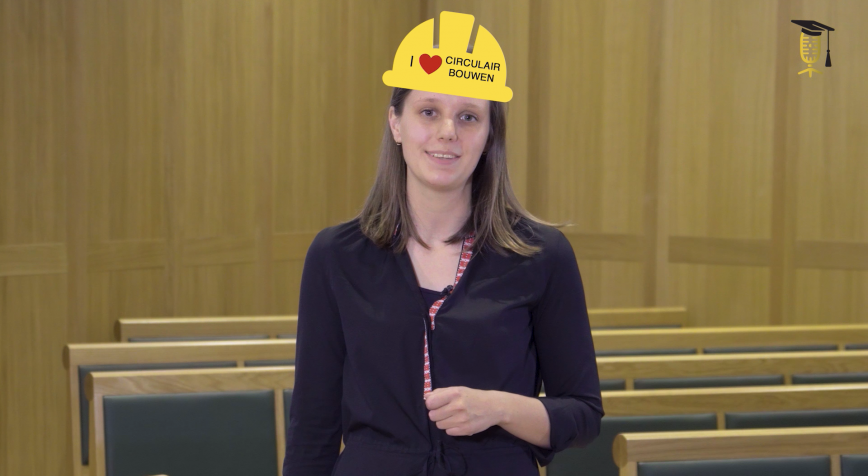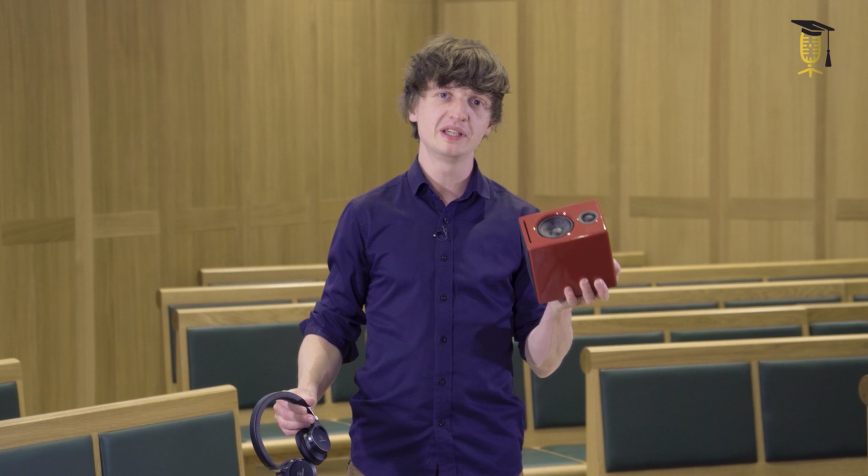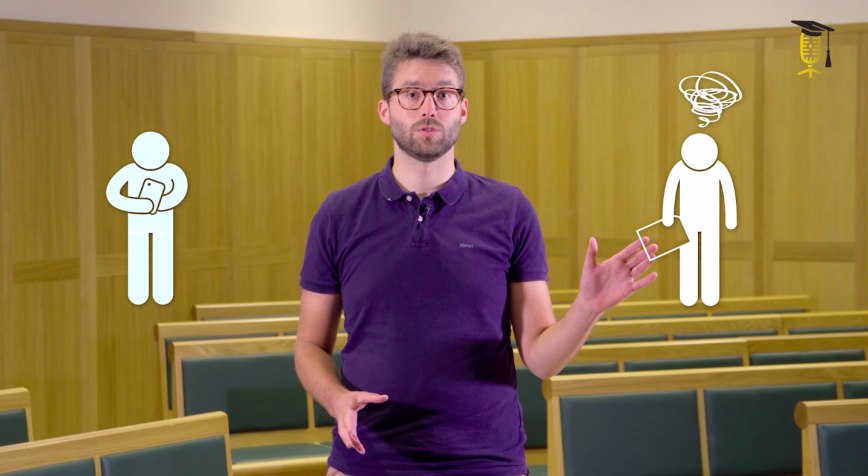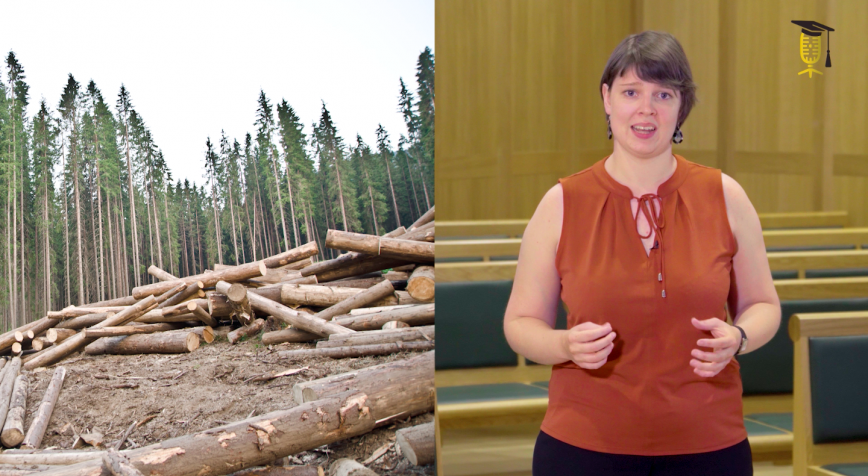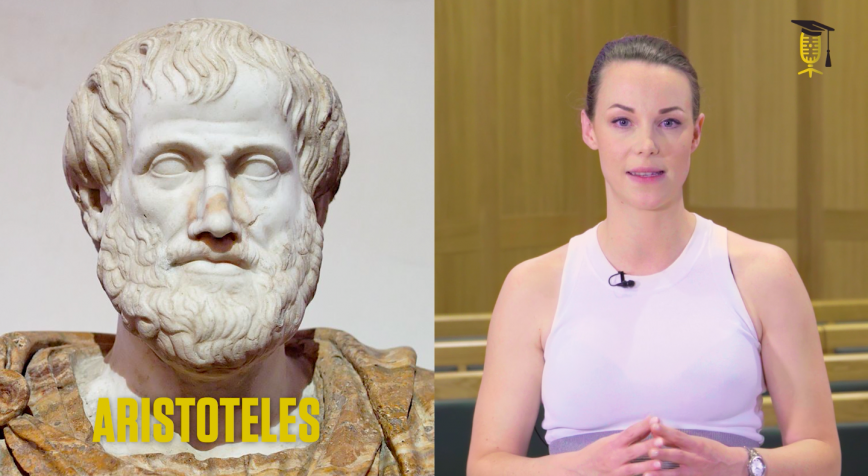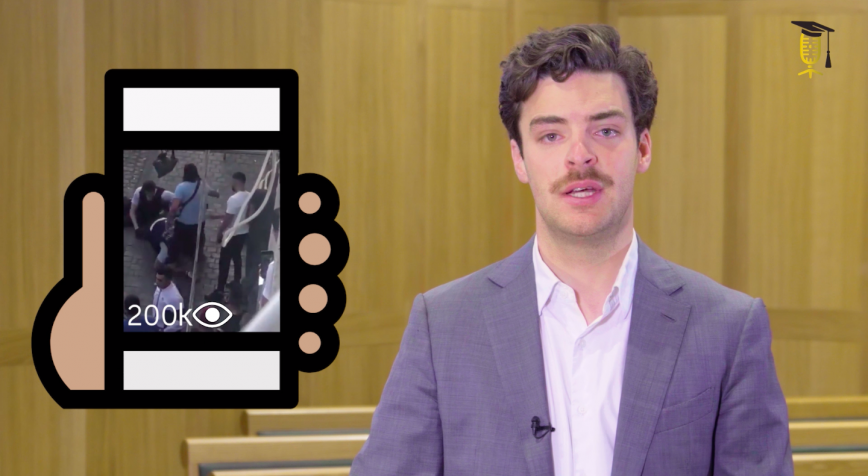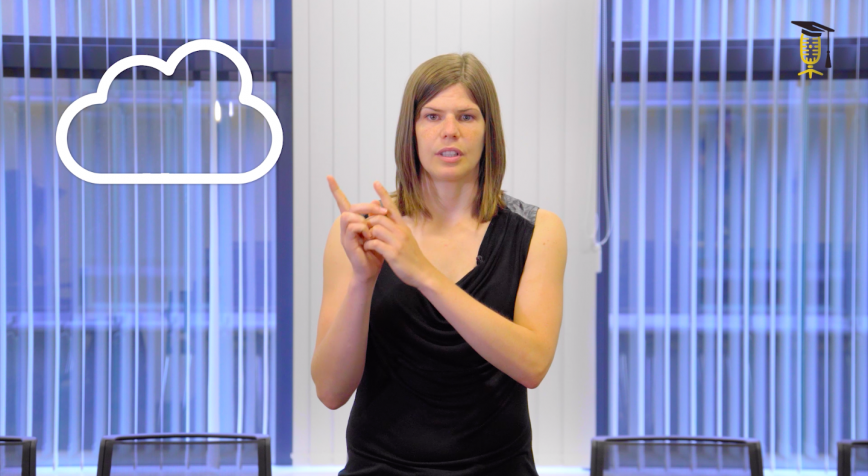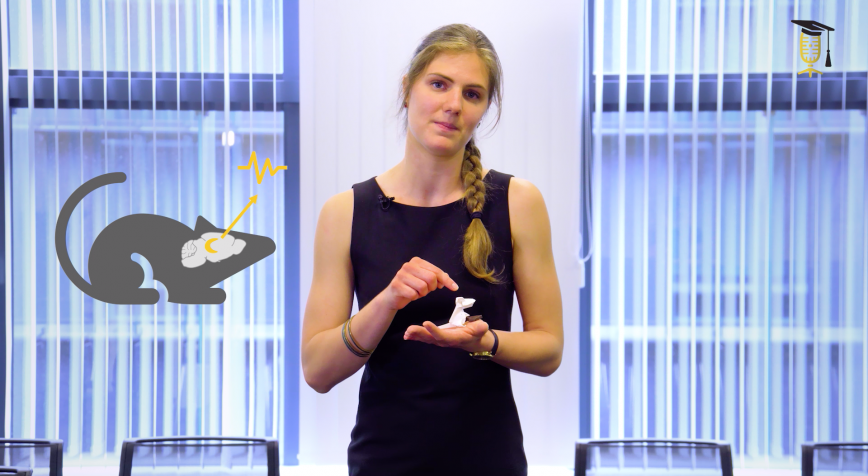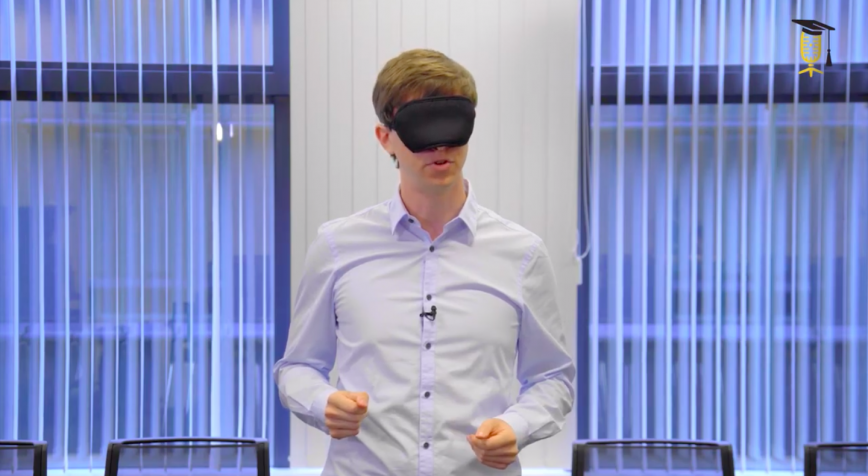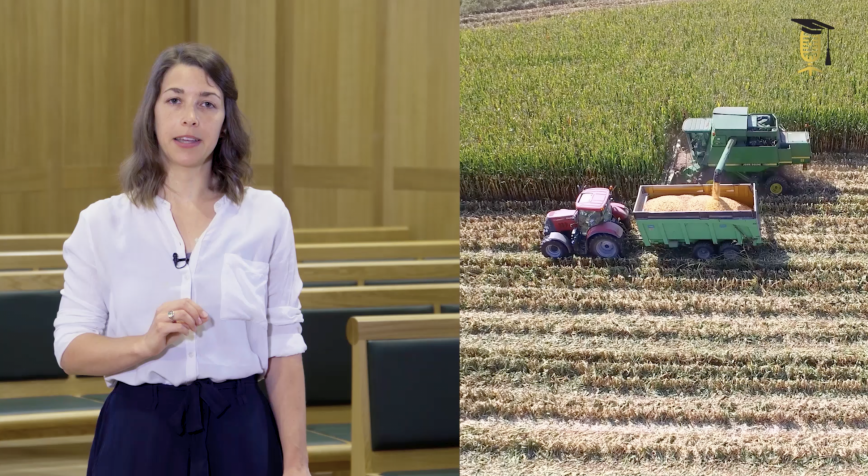
ILVO
UGent
Innovation for a more sustainable agriculture 🚜 👨🏽🌾
A strawberry picking robot: a fine example of innovation in agriculture. Yet innovations seem difficult to spread in the agricultural sector. That's why Evelien Cronin is researching how we can improve the innovation process: "Alone you go faster, but together you get further."
